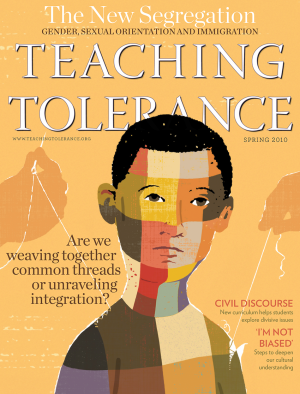
The New Segregation
This issue of Teaching Tolerance looks at the promise of the landmark 1954 U.S. Supreme Court decision in Brown v. Board of Education: that all children will grow up attending integrated schools. The sad truth is that public schools are more segregated today than they were 40 years ago. Some schools are buying into the idea that separate can be equal—and not just along racial lines.
In this issue, find feature stories on gender-segregated classrooms, racially segregated schools, schools created for LGBT youth and their straight allies, and charter schools tailored to the needs of newly arrived immigrants.
Subscribe today, and never miss a story.
Features
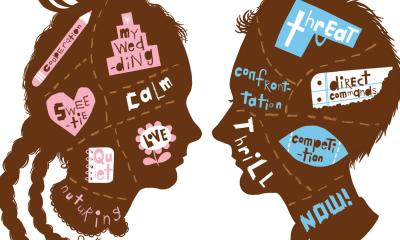
Gender Segregation: Separate But Effective?
Gender-segregated classrooms are on the rise in the U.S. — especially the Southeast — but research regarding their effectiveness remains inconclusive.
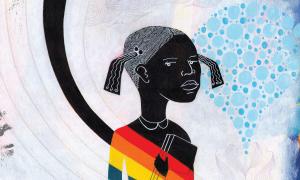
The Only One
When you’re the only person of color in your class, school can become a struggle between two worlds.

Into the Mainstream
In third grade, Julia Horsman’s entire science project consisted of being herded outside with the other kids with disabilities and rolling soda cans down a ramp.
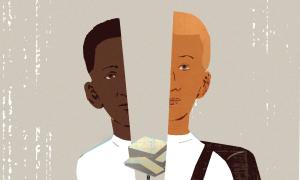
Unmaking Brown
America’s schools are more segregated now than they were in the late 1960s.
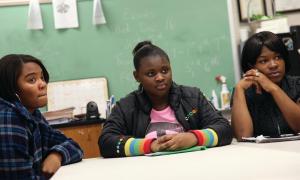
Uncovering the Movement
Let students ‘do’ history for themselves.

'Homo High'
Some people argue “gay-friendly” schools offer needless segregation. Others say they’re the only chance some kids have to make it.
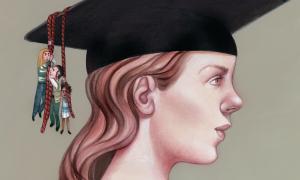
Immigrant Charter Schools: A Better Choice?
Charter schools tailored to the needs of newly arrived immigrants are getting a lot of attention. But are they working? And will they lead to a new kind of segregation?

Toward a More Civil Discourse
New curriculum offers step-by-step lessons for engaging in effective argument on divisive issues.
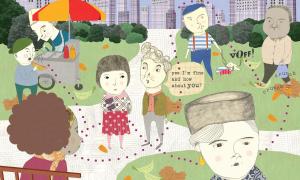
Check the Labels
A simple writing assignment sharpens students’ minds — and challenges their biases.

Whose Student Is She?
No Child Left Behind is plunging many English language learners into the educational mainstream — and sometimes getting them in over their heads.

‘I Don’t Think I’m Biased’
‘Encounter experiences’ help pre-service and practicing teachers confront their attitudes about race and privilege.